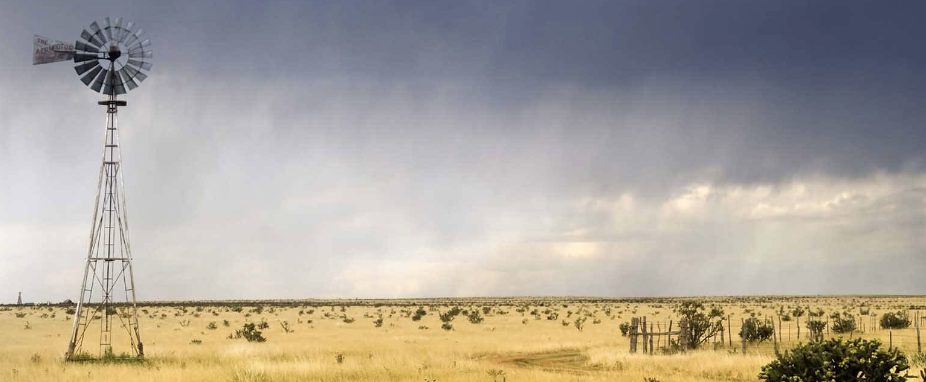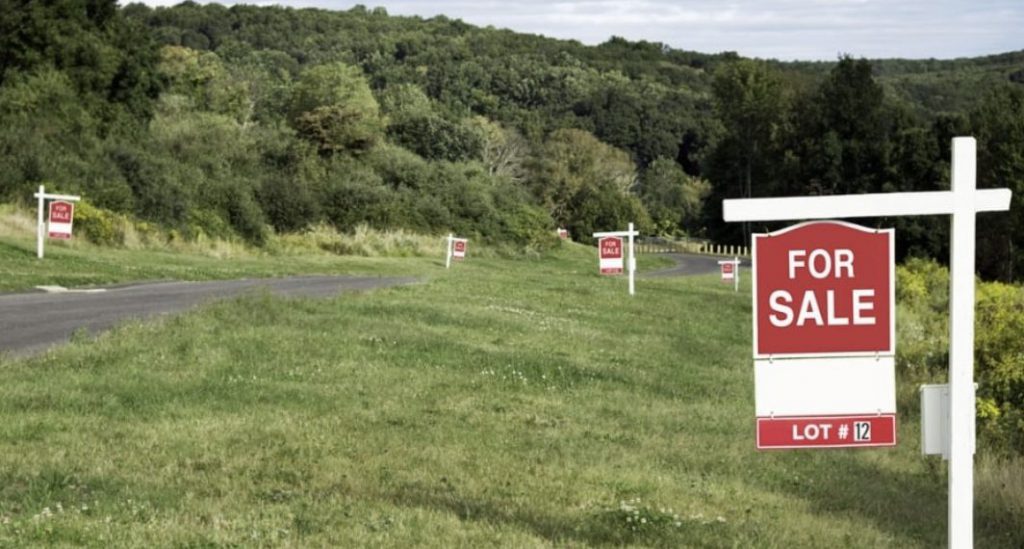Your guide: What to Ask Real Estate Agent When Buying Land?
Buying land is a big investment, whether you want to build a house, start a business, or keep it as an investment. When you’re buying land, knowing what questions to ask your real estate agent can help the process go more smoothly and help you make a smart choice.
We’ll talk about important things to think about when buying a house, including empty land, easements, natural resources, and more. The details in this article will help you understand how to buy land and make sure you’re ready.
Keep reading to find out more.
Also read: BRICS Issues Serious Warning to G7 Alliance


Get to know the land’s use and zoning: What kind of use does this land have?
Laws about zoning say what can be done with land. To make sure the property fits your wants, ask your real estate agent about its zoning. Zoning can affect everything, from building homes to running a business.
Can’t I use the land in a certain way?
Aside from planning, the land may also have rules about how you can use it. These could be things like protection easements or rules on clearing land. Before you buy, make sure you know about any restrictions.
Look at the easements and access: Are there any rights to use the land?
Easements let other people use certain parts of your land for certain things. These things can change your privacy and plans for the future. Ask your real estate agent to explain any rights in more detail.
How is it possible to get to the land?
Make sure you can legally get to the land. If you can get in through another property, you’ll need to know how that property lets you in. It is very important to make sure that you are allowed to enter and use the land.


Check out the services and utilities: Are the basic utilities working?
Make sure that the land has access to important services like sewers, water, and power. If not, find out how much it would cost and if it is possible to bring these services to the house.
How much are the property taxes every year?
You can make a budget for your investment if you know how much the property taxes are. Find out how much the yearly property taxes are and if they might change in the future.
Also read: After Pausing BRICS, Saudi Arabia Starts Issuing US Dollar Bonds
Check to see if the land is good for building: Has a test of percolation been done?
A percolation test, also written as a “perc test,” checks whether the land is good for a septic system. This is very important if the house isn’t hooked up to the city’s sewer system. Check to see if a perc test has been done and look over the data.


What kinds of natural things are on the land?
Natural resources can be useful or need to be managed. Find out if the land has any useful resources on it, like minerals or wood. This information might change your choice and your plans for the future.
Look into Long-Term Considerations: What are the area’s long-term plans?
Knowing the long-term plans for the area around your property can help you figure out how much it will be worth in the future and what kinds of changes might happen. Ask your agent about any changes or improvements that are planned.
Are there any rules about clearing land?
Land clearing rules can make it harder for you to build on the land. These limits could be because of rules about the environment or local laws. Before you buy, make sure you know about any restrictions.
Conclusion
Buying land is a complicated process that needs a lot of planning and study. If you want to buy land, knowing what questions to ask your real estate agent can help you avoid problems and make a smart choice. First, find out what the land is zoned for and how it is used.
Then, look for easements and entry, and see what utilities and services are available. Use tests like the percolation test to see if the land is good for building, and look into what the area will be like in the long run. You can be sure that the land you buy meets your wants and is a good investment for the future if you ask these important questions.
Becoming well-informed will help you confidently purchase land, whether you’re looking at empty land, thinking about natural resources, or checking for limits on land clearing.





